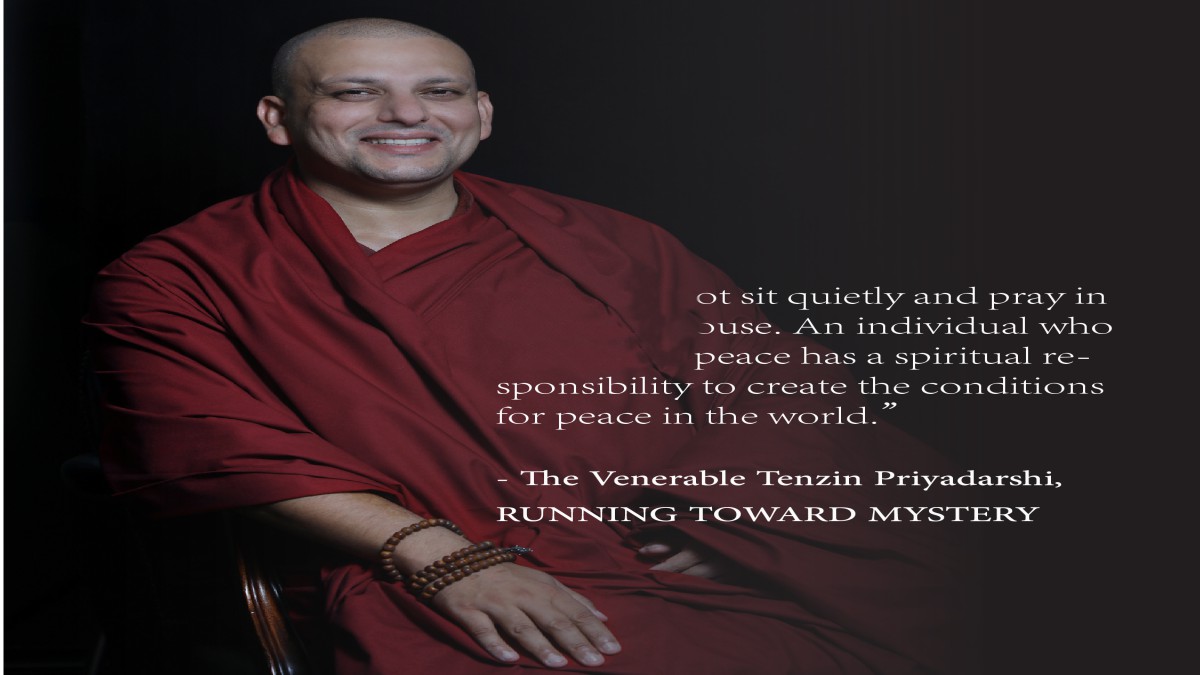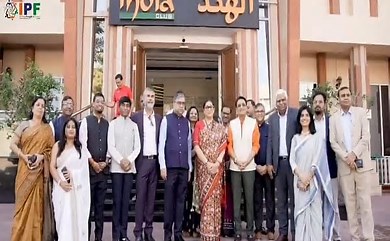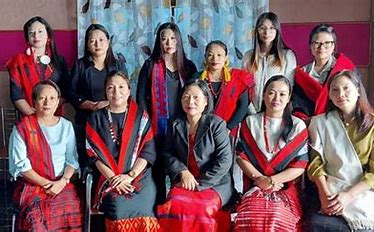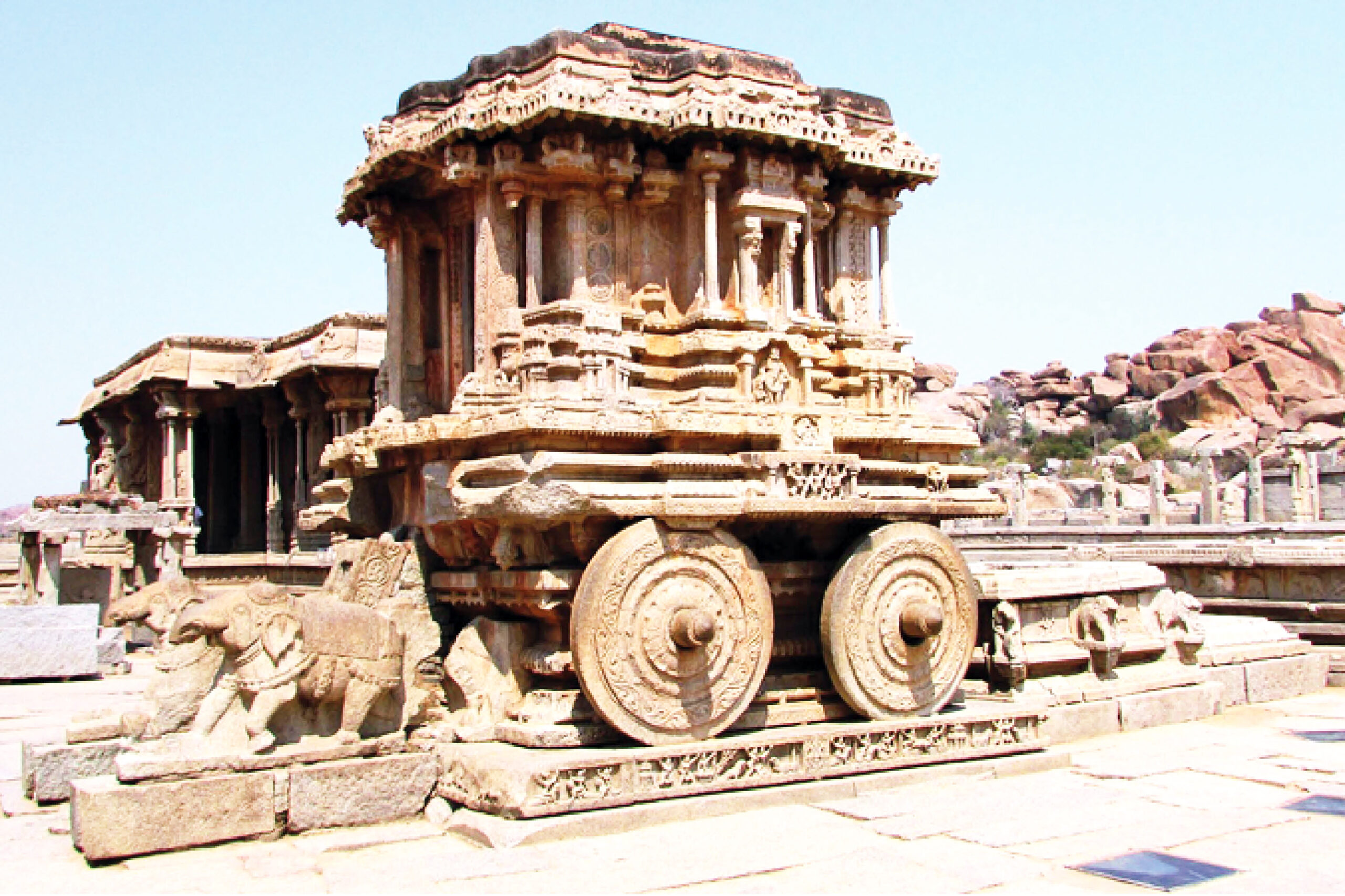
The fascinating encounters and learnings from teachers, from His Holiness Dalai Lama to former Archbishop of Cape Town Desmond Tutu and Mother Teresa, have been carefully preserved in the book, Running Toward Mystery, by venerable Tenzin Priyadarshi. Published by Penguin India, this exemplary work encompasses his views on spiritual disillusionment, science and technology, meditation and the link between Buddhism and the modern world. In an exclusive interview, Priyadarshi talks about his inspiration behind this book. Excerpts: Q: What influenced you to write this extraordinary book with Buddhism and spirituality at the core? A:My students were asking me to write something for almost a decade and initially, people were hoping for a straightforward memoir, but I am too young for that. My work highlights my spiritual learnings from various interactions with teachers.
Q: You have said that spirituality should be approached as a seeker and not as a teacher. What has been the role of the powerful teachers in your life — from the Dalai Lama to Mother Teresa? A:They helped me look at the world differently. What spiritual teachers do at times is give you a different lens for looking at the situation and the world around you. One of the learnings from my experience is that they help us refine our questions so that we ask better and more relevant questions about life and the world. Observing Mother Teresa’s day-to-day work in Kolkata and how she balanced her spiritual life with the ability to manifest a tremendous sense of compassion, was a learning in itself. She could make a slum in Kolkata or a room filled with people suffering from diseases a sacred place where people can learn about compassion. She could transform even the most ordinary of spaces into the most sacred space. With His Holiness Dalai Lama, the key learning was not to take anything at faith. He would always, and continues even to this day, encourage people to ask questions and enquire.
Q: How have you explored spiritual disillusionment in the book?
A: It includes disillusionment with the institutions sometimes that we built around spirituality or religion; such systems can become constraining and confining. There are useful aspects to those systems but we need to promote more in the sense of seeking and curiosity. And not try to utilise building institutions to control how people think or behave and so on. Another aspect of it is the disillusionment when religious or spiritual systems polarise our behavioural patterns, where we adhere to a certain sense of belonging and it poses a kind of animosity towards people who don’t think like us, or believe in the same things and that does violence to our sense of thinking. I witness disillusionment in the fact that everybody wants to be a teacher and nobody wants to be a student; everybody wants to be a guru and not a disciple. The sense that we are not exploring the spiritual world, sheer yearning to learn and grow, but with shallow desires of becoming gurus, influencers or authoritative figures.
Q: How would you describe the relationship between Buddhism and the modern world?
A: The modern world has progressed quite a bit in terms of its scientific and material pursuits and so on. But if you look at how humanity has evolved, then we have not overcome or evolved so much in our emotional experience of the world; the emotions that we experience are the similar kinds of emotions that our ancestors 10,000 years ago experienced, including fear, greed, jealousy and envy. As long as we are trying to regulate emotional states, Buddhism becomes highly relevant as the tools that it provides hold relevance amidst the struggles of the contemporary world. Also, I believe that as long as humans are seeking a deeper sense of meaning, joy and happiness in their life Buddhism will continue to help give them a kind of perspective on what is invaluable. The tools, techniques and the lessons that were given 2,500 years ago have become much more relevant in today’s world. That’s why you see resurgence in mindfulness and meditation techniques in the last 10-15 years.
Q: What are the biographical elements in this book?
A: Such elements are throughout the book. However, the teachings are not just abstract teachings but from encounters and first-hand interactions with certain individuals. It comprises my struggles and journey and is deeply biographical in that manner but I did not want it to be about me. I wanted this comprehensive work to be about the spiritual processes that one experiences. I have talked about how all humans are contemplative by nature, whenever we ponder the meaning of life. Also, whenever we ponder a greater sense of joy and a deeper sense of happiness, we are being contemplative. We don’t need to be religious or even spiritual to ponder such questions. Running Toward Mystery highlights that particular process of pondering, but it is also a process of contemplating one’s journey while being open to the idea of lessons learnt and unpredictable meetings with teachers.
Q: What are the core principles at the Dalai Lama Center for Ethics and Transformative Values at MIT?
A: The centre was founded almost 10 years ago with the simple but audacious idea of nurturing and promoting ethical imagination in our world. Ethical imagination implies that we need more critical thinking and tools to learn about ethics and compassion in our education system, governance system and financial system. Therefore, much of our work and programmes are directed towards this direction to recognise the relevance of promoting such learnings and tools. We have been focusing on developing innovative tools and innovative programmes in promoting conversations around ethical learning.















